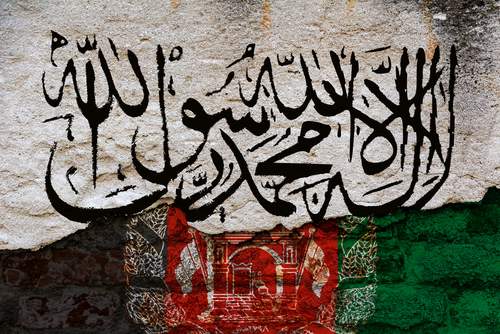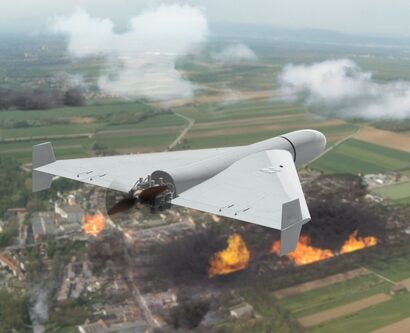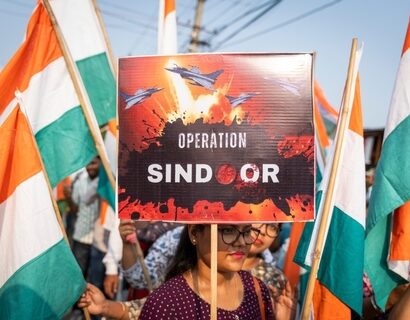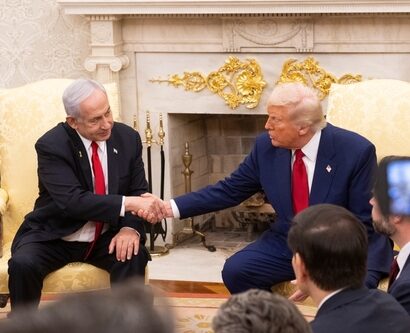Abstract: Despite the Taliban’s promises to cut ties with extremist groups, significant evidence suggests that their relationships with organisations such as Al-Qaeda and Tehrik-e-Taliban Pakistan (TTP) persist. These longstanding connections, which stem from shared ideological goals, pose a threat to regional stability and call the Taliban’s legitimacy into question. The Taliban’s inconsistent cooperation with international counterterrorism efforts, combined with their denial of these ties, complicates counter-extremism strategies and raises global security concerns.
Problem statement: How can the international community effectively counter terrorism and ensure regional stability when the Taliban continues to maintain ties with extremist groups like Al-Qaeda and the TTP, despite their claims of severance?
So what?: The international community should strengthen intelligence-sharing and diplomatic engagement with regional partners to monitor extremist activities while also pressuring the Afghan Taliban to cut ties with extremist groups such as Al-Qaeda and the TTP.

Source: shutterstock.com/LukeOnTheRoad
Dangerous Connections
Despite the Afghan Taliban’s assurances of severing ties with Al-Qaeda and the Tehrik-e-Taliban Pakistan (TTP), mounting evidence tells a different story—one that reveals dangerous connections threatening both regional stability and the Taliban’s own legitimacy. Instead of distancing themselves from extremist factions like Al-Qaeda and TTP, the Taliban’s deep-rooted ties continue to influence the geopolitical landscape.
Historical Relationship Between the Taliban, Al Qaeda, and TTP
The Taliban’s relationship with Al-Qaeda is rooted in the early days of the Afghan civil war after Soviet soldiers left Afghanistan in 1989, and got stronger when the Taliban took control of Afghanistan in the mid-1990s. This ultimately led to the U.S.-led invasion of Afghanistan in 2001 and the subsequent overthrow of the Taliban regime. However, ties between the Taliban and Al-Qaeda have remained strong throughout the years of conflict, with both groups sharing common ideological goals centred around the establishment of Islamic governance.
The Taliban’s relationship with Al-Qaeda is rooted in the early days of the Afghan civil war after Soviet soldiers left Afghanistan in 1989.
Meanwhile, an offshoot of the Taliban, the TTP (also known as the Pakistani Taliban), emerged in the mid-2000s and has been responsible for numerous terrorist attacks in Pakistan since then. It is commonly believed that the TTP has historically cooperated with Al-Qaeda and has maintained a degree of operational synergy with the Afghan Taliban due to shared ideological goals and regional ambitions, like resisting Western forces in Afghanistan, and implementing Sharia law in areas it controls.
Current Presence of Extremist Groups in Afghanistan
Although the Taliban claims it no longer supports Al-Qaeda and TTP members, many reports from international agencies and intelligence sources contradict this statement. A report by the United Nations in 2023 indicated that Al-Qaeda remains active in several regions of Afghanistan, with its operatives reportedly involved in training local Taliban fighters and facilitating communication between militant groups across the region. The presence of Al-Qaeda leader Ayman al-Zawahiri in Kabul before his assassination by a U.S. drone strike in July 2022 further fuels suspicion of Al-Qaeda operatives finding safe haven in Taliban-controlled areas.
Moreover, there has been a notable resurgence of TTP activities in Afghanistan provinces that border Pakistan. TTP has been using Afghan territory as a base to launch attacks against Pakistan, with several Pakistani officials voicing concerns over the Taliban’s tacit support for the group. These incidents directly contradict the Taliban’s narrative of severed ties, raising questions about the group’s sincerity and the extent of its control over the territory it governs.
Counterterrorism Challenges and Strategies
Following the U.S. withdrawal from Afghanistan in 2021, the onus for counterterrorism operations largely shifted to the Afghan government and international partners. However, the Taliban’s return to power complicated these efforts due to the group’s conflicting ideological goals and regional ambitions. While the Taliban claims to oppose groups like the Islamic State Khorasan Province (ISKP), it keeps a delusional stance regarding Al-Qaeda and the TTP, which it has historically viewed as allies rather than adversaries.
The Taliban’s return to power complicated these efforts due to the group’s conflicting ideological goals and regional ambitions.
Meanwhile, international actors, such as the U.S. and NATO, continue to rely on over-the-horizon counterterrorism capabilities, including drone strikes and intelligence-sharing networks, to monitor extremist activities in Afghanistan. However, these efforts have faced significant challenges without a strong local partner. The Taliban’s inconsistent cooperation with international forces, coupled with its denial of Al-Qaeda and the TTP’s presence, hampered effective counterterrorism strategies, allowing extremist groups to exploit security gaps in the region.
Intelligence Limitations and Taliban Denial
Moreover, monitoring and addressing terrorist activities in Afghanistan is a daunting task for intelligence agencies, both local and international. The complex security landscape, characterised by shifting alliances, porous borders, and decentralised militant networks, complicates intelligence-gathering efforts. Besides, the Taliban’s control of information and media within Afghanistan limits transparency, making it more difficult for external agencies to verify claims or track the movement of terrorist operatives.
There could be several reasons why the Taliban may deny any association with Al-Qaeda and the TTP despite mounting evidence to the contrary. First, the Taliban must maintain international credibility as they seek worldwide recognition and economic aid. Acknowledging ties with Al-Qaeda, who are responsible for the 9/11 attacks, would likely hinder these efforts and lead to further isolation. Additionally, Pakistan, a key external actor with significant influence over the Taliban, is pressuring the group to distance itself from the TTP, which poses a direct threat to Pakistan’s security. So far, Pakistan has been unable to persuade the Afghan Taliban to crack down on the TTP. Naturally, acknowledging their presence on Afghan soil would increase the strain.
Implications for Regional and International Stability
The enduring relationship between the Taliban, Al-Qaeda, and the TTP presents a multifaceted challenge to regional and international stability. Despite the Taliban’s official denial of support for these extremist groups, evidence suggests a continued, albeit complex, alliance that undermines global counterterrorism efforts. The presence of Al-Qaeda and the TTP in Afghanistan highlights significant gaps in the Taliban’s control and its commitment to combating extremism.
Internal divisions within the Taliban leadership may explain their conflicting narratives regarding their ties to Al-Qaeda and the TTP, as some factions within the Taliban have stronger allegiances to these groups, while others, particularly those seeking international engagement, advocate for a more moderate stance. However, the Taliban’s inconsistent cooperation with international forces and strategic denial of these relationships complicate effective counterterrorism strategies. The complex dynamics could potentially empower global terrorism once again, posing a threat not only to neighbouring countries like Pakistan but also to the broader international community.
The Taliban’s inconsistent cooperation with international forces and strategic denial of these relationships complicate effective counterterrorism strategies.
Shifting Global Priorities
With terrorism no longer dominating the U.S.’s strategic focus, addressing these challenges requires enhanced intelligence sharing and diplomatic engagement from the international community, especially with the shifting global priorities. Other geopolitical concerns must not overshadow the importance of addressing terrorism threats.
The 9/11 attacks may have profoundly transformed U.S. counterterrorism and security policies. However, while the U.S. has bolstered its intelligence and security measures, making large-scale attacks on its soil more difficult, the lure of orchestrating another monumental event like 9/11 remains strong among terrorist groups.
Ishaal Zehra is a Pakistani journalist who covers the changing geopolitical landscape in South Asia. The author focuses on regional security amid the changing political and strategic environments of South Asia, Central Asia, and the Indian Ocean region. Her well-researched articles have been cited in various international books and journals. The views contained in this article are the author’s alone.





